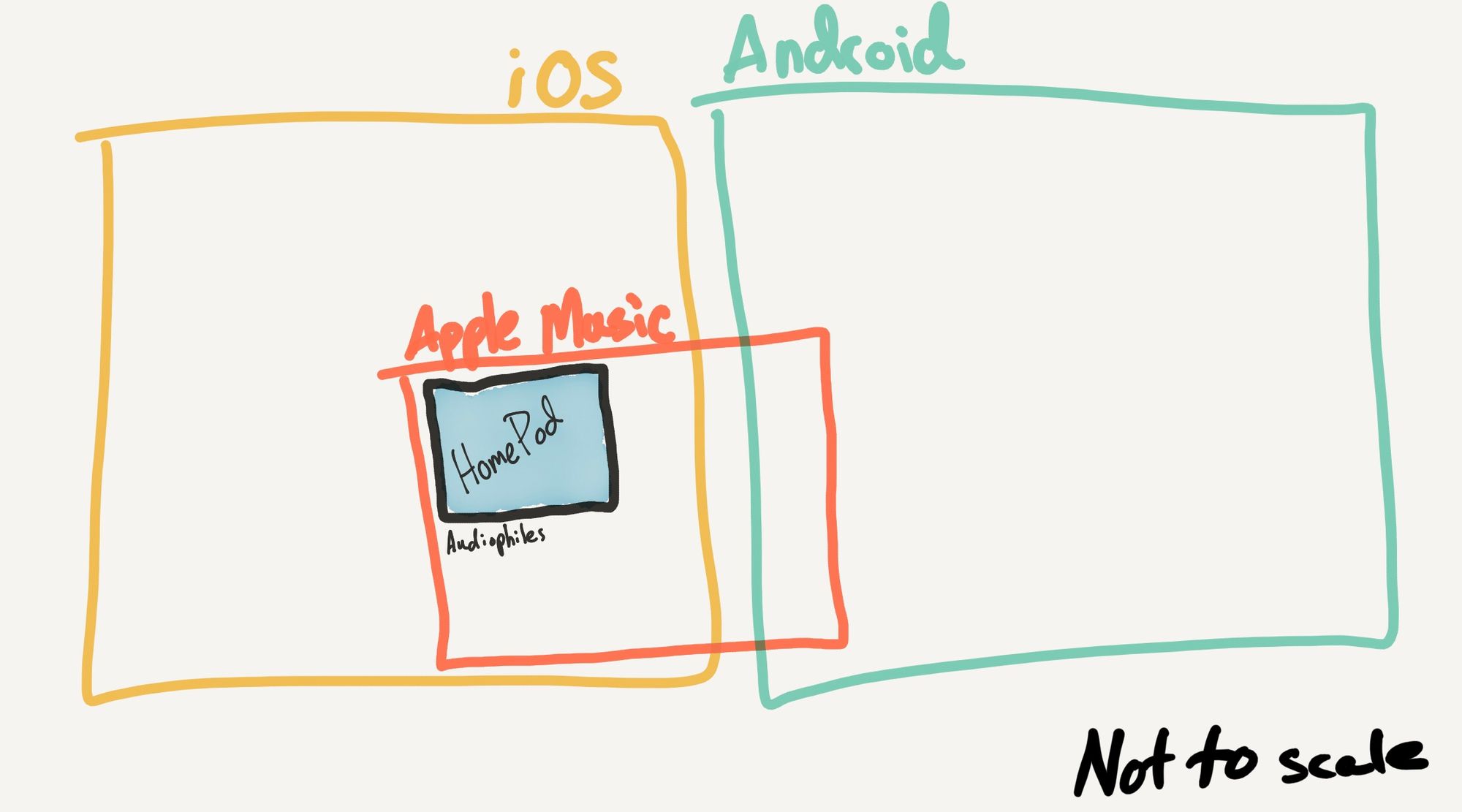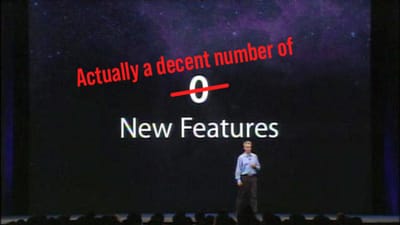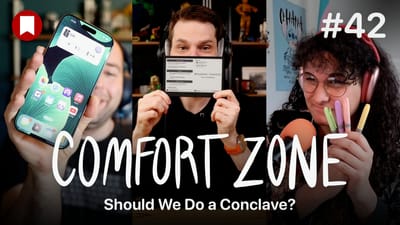Apple, Microsoft, and the Percentage Wars
Aaron Tilley writing for The Wall Street Journal:
Microsoft said it won’t require developers to use its payment system, drawing a contrast to Apple, which typically takes a 30% cut on sales made through its iPhone App Store.
And:
App developers still need to pay Microsoft a 15% fee on sales if they want to use the software giant’s apps payment system. The charge is 12% for game developers.
And then there's Apple's Phil Schiller in 2011:
If someday down the road we will be changing 70/30, then I think the question moves from ‘if to “when” and “how”. I’m not suggesting we do anything differently today, only that whenever we make a change we do it from a position of strength rather than weakness. […] Just as one thought, once we are making over $1B a year in profit from the App Store, is that enough to then think about : model where we ratchet down from 70/30 to 75/25 or even 80/20 if we can maintain : $1B a year run rate?
As a massive Apple fan, it saddens me to see Microsoft looking more friendly to other businesses than Apple.
And even if a company is happy to pay the 30% to Apple, maybe Apple doesn't like their business model and can reject them all the same. The blocked Microsoft from bringing Game Pass to the iPhone and iPad, not because Microsoft was scamming users or that they were hosting adult content, Apple just didn't like the idea of their app so they blocked it.
You may still think Apple has every right to get every penny the mrket will bear, and that thinking otherwise is hypocritical, but considering the bills in front on Congress right now, I don't think Apple sticking to their guns has played out how they'd wanted. Whether these bills pass at all is up in the air, but whether they pass or not I worry that Apple has given up a lot of good will from the press, from their developers, and from the public so that they can earn a few percent more in their services revenue every quarter.
A Wild HomePod Appears
In an odd way, discussing this topic over the past few years has felt like talking about the HomePod. 3 short years ago I made this chart:

And as I said in that review:
I personally think they need to make a less expensive model to get in the price range of far more people. $349 is a hard sell for anyone, and most people would never spend that much on a speaker, no matter how good it sounds or how smart it is.
I got tons of heat from the Apple fans in my life (mostly on Twitter) for not getting it: Apple had made a great product and it was going to succeed because it was a great sounding speaker. I argued that while it did sound great, it missed the mark in terms of market needs. You can build the best version of X you want, but if X isn't something people are really looking for, then it's probably not going to succeed.
3 years later and the HomePod has been discontinued and Apple sells the HomePod Mini, which by all accounts is doing far better in the market.
I'm not saying that because I was right about the HomePod's market positioning that I'm right about the 30% issue, but from my perspective, it feels like another case of getting hung up on technicalities and not looking at the bigger picture. I think Apple should have had a lower cost HomePod in the mix way earlier no matter how great the bigger HomePod sounded, and I think they should have relaxed their App Store restrictions and payments years ago to avoid legislation that forces them to change.
Or as Phil Schiller said, "whenever we make a change we do it from a position of strength rather than weakness."


